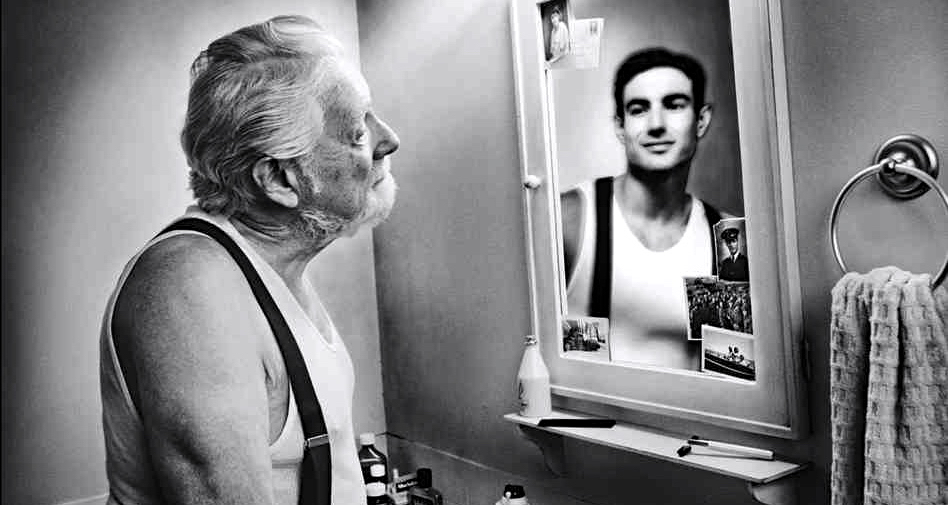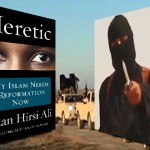The Lost Art of Reflection
The miraculous richness of Islamic scripture is not limited to the glorious Qur’ān, which without a doubt changed the world as we know it. Rather, as Jibrīl (‘alayhi al-Salām) used to teach the Prophet (sall Allāhu ‘alayhi wa sallam) the Qur’ān, he would likewise teach him what we know now to be the sunna. Referring to the divine origin of the content of the sunna, the Prophet (sall Allāhu ‘alayhi wa sallam) said, “I was given the Qur’ān, and something else like it.”[1] Along with the content being of divine origin, the Prophet (sall Allāhu ‘alayhi wa sallam) also informed us of the miraculous conciseness and eloquence of his own words, “I was given Jawāmi’ al-Kalim.”[2] As such, many of the prophetic ahādīth are extremely concise, but packed with so much meaning that entire books have been written about single statements.
Reflecting deeply on something seems like an increasingly rare skill in the 21st century. We are constantly inundated with slogans, sensationalist headlines and distractions that newer and more invasive technologies bring. Taking a step back and pondering over the magnificent words of Allāh and His Messenger (sall Allāhu ‘alayhi wa sallam) is a delightful oasis.
One such hadīth that is overflowing with morals and lessons, is the famous metaphor encouraging Muslims to give sincere advice to one another:
“A believer is the mirror of his brother.” [3]
During an exercise at a recent course, students were asked to reflect on and extract the benefits and lessons from this single statement; they derived over 30. The following is a summary of many of the benefits.
True reflection
If we are to take upon ourselves the characteristics of a mirror we must give a true reflection to our brother or sister. We have to be accurate and comprehensive in our reflections of him when giving Nasīha or indeed observations of his current state. However, we must be proportional. A mirror does not emphasise particular faults or dramatise aspects of beauty. Rather, it offers an accurate, proportional depiction of the person, as they are. A mirror is subtle in its role, allowing a person to approach it and leave it without incident, and we too should be gentle and calm when a Muslim seeks us out. When we go to a mirror we expect it to be accurate, as such, when our brother or sister comes to us we need to be honest, just and sincere in offering advice.
Confidential
The nature of a mirror is to provide you with an outlook on yourself. It is often done in private and when we walk away our reflection does not remain. It is only at the request of a person that another be involved. So too must a Muslim keep his brother’s confidences, offering him a true reflection, sincere advice and quiet observation in private, and then moving away.
Usage
Despite its quiet existence, it is evident that a mirror is a necessary and constant requirement. We do not use it once in our lives and never again. We use it frequently, checking ourselves time and time again, day after day, to see if we are up to scratch; to see if we are presentable, appropriate, decent; if we have flaws or blemishes. In the same way we should seek advice regarding ourselves, our characters, our conduct, constantly, and we should be willing to offer it constantly to our fellow Muslim. We should be patient with the frequent visits, be there for our brother, and never refuse his request for assistance.
Rights of a mirror
The rights of a mirror include keeping it clean, making sure it neither breaks nor is left uncared for. When we are met with a reflection that is displeasing to us we do not blame the mirror, lash out and attack it. Rather, to ensure we receive the most benefits from the mirror we look after it, accept what it shows us, learn from it, and act upon this.
Rights of the mirrored
A mirror does not show a person their previous failings or ‘blemishes’. It epitomises the saying ‘forgive and forget’. With each new encounter its reflection is fresh, updated, unbiased and uninfluenced by previous reflections. It also appreciates and acknowledges any improvements and changes, recognising them however big or small they may be. A mirror is not condescending either. It does not look down at a person but stands at eye-level with a person, as equals.
Proximity
The closer you are to your mirror, the more details it will reveal. And similarly, the further away you stand from the mirror, the less clear the reflection of yourself will be. It is necessary to be close to a person to both receive and give a true and sincere reflection of a person. But it is also necessary to note that too close a proximity, and too intimate a friend can often result in being blinded from the bad, taking the good for granted.
Wisdom
It is necessary, then, to choose your mirror wisely. If it is dirty it will not give an accurate reflection. And, as a mirror, to be the best of its kind it is necessary to be clean, well-maintained and unbroken itself. If it is broken it will invert the image of you, showing what is good as bad and what is bad as good. Some mirrors allow you to focus on complicated, specific areas, whereas others offer a general reflection. Some even show us our surroundings, letting us see what we had never noticed before and had never expected to be there. And with such benefits with a single mirror, it only stands that the more clean mirrors you have, the better and more unique perspectives you will be given.
Light
A mirror cannot be used without light. As such, the light of knowledge and worship allows the reflection to be correct and the advice to be sound.
Conclusion
Let us revive the sunna of giving advice to one another. Just as we habitually use physical mirrors, we should frequently seek sincere advice from our brothers and sisters and likewise be available for them to ask our advice. We should ponder over the rights of those who ask for advice and those who give advice. Only then will we create a beneficial atmosphere of sincere advice to and from those around us.
If you can think of other lessons and reflections on this amazing hadīth, write it in the comments below.
[donationbanner]
Source: www.islam21c.com
Notes:
[1] Musnad Imam Ahmad
[2] Muslim
[3] Al-Adab al-Mufrad 232 and others, as part of longer narrations.










U only live twice